Vietnam is not out of this trend, with many policies prioritizing investment in cultural development to spread Vietnamese values in the new era, the era of national growth.
Vietnam's cultural soft power is understood as the ability to promote material and spiritual cultural values in the process of building and defending the Fatherland. It is also the ability to spread national cultural values to the world , in order to enhance Vietnam's prestige and position in international relations.
In the context that we are striving to successfully carry out the cause of industrialization and modernization of the country, culture plays a special role in connecting endogenous strength and creating the image of a friendly and rich-in-identity Vietnam in the eyes of international friends.
Looking back at the length of national history, the soft power of Vietnamese culture is clearly shown in the image of a nation with an indomitable spirit of patriotism, our people have altruism, tolerance and sharing. This tolerant and affectionate way of behaving was summarized by the cultural celebrity Nguyen Trai in "Binh Ngo Dai Cao": "Using great justice to defeat cruelty/Using benevolence to replace violence".
That red thread is always consistent with the spirit of today's era, when the trend of international cooperation gives more priority to peace and avoids conflicts. In the new era that emphasizes internationality and integration, the ability of Vietnamese culture to be sensitive, flexible, adaptable and selectively receptive is proving to be effective and useful in exchange and foreign affairs activities, leaving many good impressions on friends around the world.
Professor Joseph Nye (USA), the father of the "soft power" theory, when coming to Vietnam, said that the most attractive point of Vietnam's soft power is the spirit of autonomy, national independence, economic development policies and a culture that strongly attracts Western countries.
In addition to spiritual values, Vietnamese culture is also reflected in a system of historical and cultural relics and unique landscapes, creating a diverse culture rich in identity.
Vietnam currently has 8 world heritages, 15 intangible cultural heritages, 10 documentary heritages, 11 world biosphere reserves, 3 global geoparks, and 9 ramsar sites (wetlands of international importance) recognized and listed by UNESCO.
The whole country has about 40,000 relics and nearly 70,000 intangible cultural heritages that have been inventoried, including 130 special national relics, 3,633 national relics, 571 intangible cultural heritages included in the List of National Intangible Cultural Heritages, and 294 artifacts and groups of artifacts that are national treasures.
We have 200 public and non-public museums, storing and displaying over 4 million documents and especially rare artifacts. We have nearly 2,000 folk artisans and elite artisans who are "living human treasures" holding the quintessence as well as the secrets of practicing various types of cultural heritage. This is an endless and rich resource that serves as the foundation for promoting cultural soft power, making Vietnamese culture attractive to international friends.
Our Party and State have soon recognized the importance of promoting cultural soft power in the integration period. The 13th National Party Congress determined: "Building and promoting cultural factors to truly make a breakthrough, develop the socio-economy, and integrate internationally". The Government's cultural development strategy with a vision to 2030 also clearly states the goal: "Strive for cultural industries to contribute 7% of GDP by 2030"...
In recent years, the country's cultural development has achieved many important achievements. Our State has implemented many innovative policies such as opening the cultural market, encouraging all social sectors to participate in cultural creation and development, diversifying forms of cultural diplomacy, gradually changing the thinking of managers and people about the power of culture.
Vietnam's cultural development strategy is taking steady steps, completing the set goals. The year 2024 was mentioned as a year of cultural creation with many national and international events that were enthusiastically responded to by the community.
In many localities, "cultural industry" is no longer a concept but has truly become a breakthrough solution in cultural development as well as in socio-economic development. Culture not only connects the spiritual life of the community but also creates livelihoods for the people.
Speaking at a meeting with artists and writers on December 30, 2024 in Hanoi, General Secretary To Lam once again emphasized and focused on the soft power of culture: Culture is a special product of people and of the nation. Preserving and promoting the strength of culture is an area that any country must pay attention to because this task is closely linked to social development, enriching the spiritual life of the people and the effective operation of the State...
In the new era, cultural development must go hand in hand with economic development but must not stray from the goal of protecting national security through cultural diplomacy. Because, through cultural diplomacy, we can enhance the appeal of Vietnamese culture, increase the ability to influence and create friendly, close and sharing international relations.
Vietnam’s prestige and position will be enhanced in the international arena. The 6 million Vietnamese currently living in more than 130 countries and territories can become cultural bridges, popularizing and spreading Vietnamese cultural values across the world. This is truly a way to use cultural soft power to maintain peace and prevent the risk of political instability.
Many countries in the region and around the world have been successful in developing cultural soft power such as the US, France, Japan... In the Asian region, Korea is the country that devotes many resources to cultural development, turning culture into an industry associated with political and foreign policy goals.
The two biggest industries in Korean culture are cinema and music. Through these works of art, Korea has raised its profile and demonstrated the appeal of its culture. Vietnam can learn great lessons in using cultural soft power from its predecessors.
With the advantage of a rich and unique culture, leaving many good impressions on international friends from the past to the present, promoting cultural soft power is a correct strategy of our Party and State. Vietnamese cultural values have been and are a great resource and driving force for national development.
Source: https://nhandan.vn/suc-manh-mem-van-hoa-viet-nam-trong-ky-nguyen-vuon-minh-post858426.html







![[Photo] Solemn opening of the 1st Government Party Congress](https://vphoto.vietnam.vn/thumb/1200x675/vietnam/resource/IMAGE/2025/10/13/1760337945186_ndo_br_img-0787-jpg.webp)


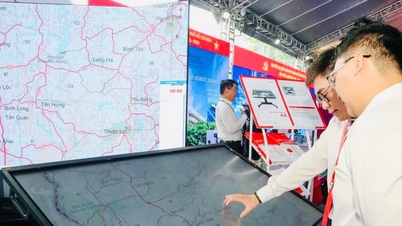

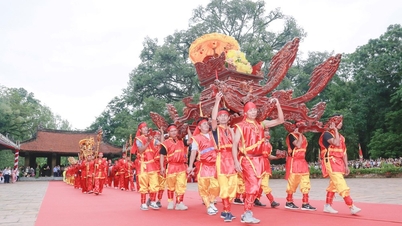

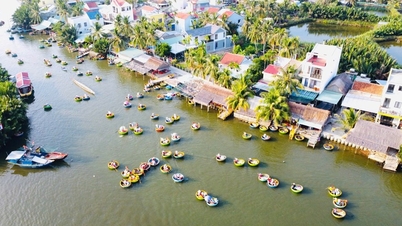


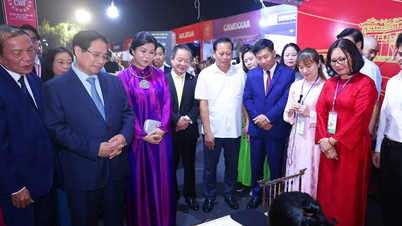







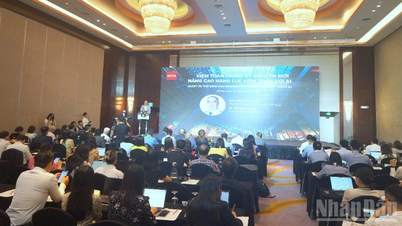
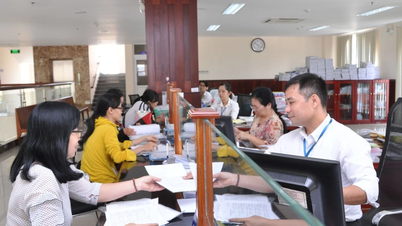
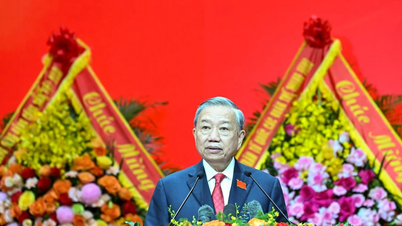
![[Video] Clarifying the concept of "basic level of hospital fee exemption" in the draft health policy](https://vphoto.vietnam.vn/thumb/402x226/vietnam/resource/IMAGE/2025/10/13/1760342539316_1760323741195-jpg.webp)
![[Photo] General Secretary To Lam attends the opening of the 1st Government Party Congress](https://vphoto.vietnam.vn/thumb/1200x675/vietnam/resource/IMAGE/2025/10/13/1760321055249_ndo_br_cover-9284-jpg.webp)























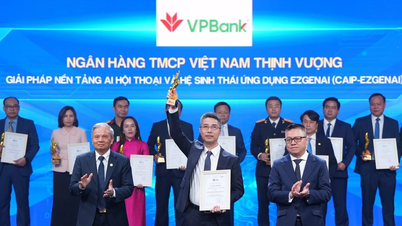


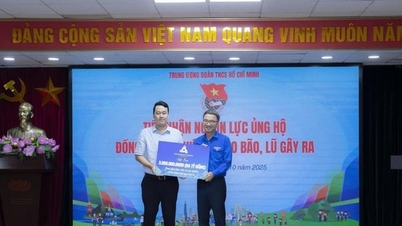

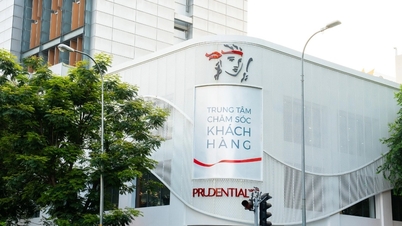
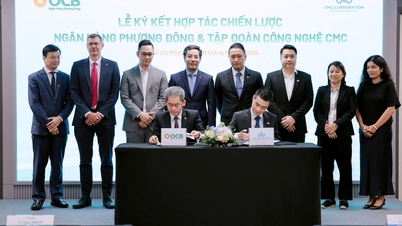








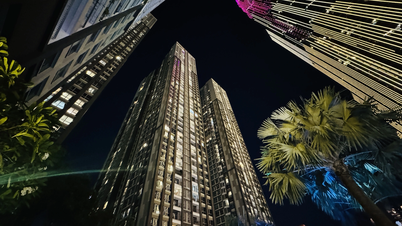



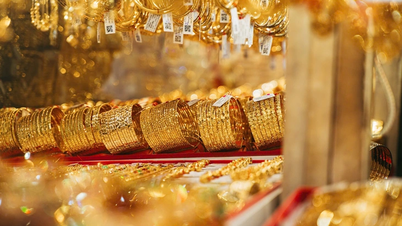



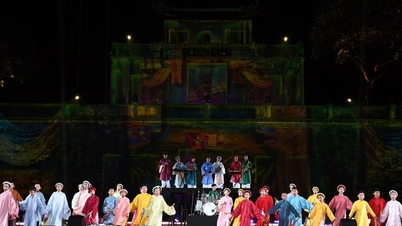
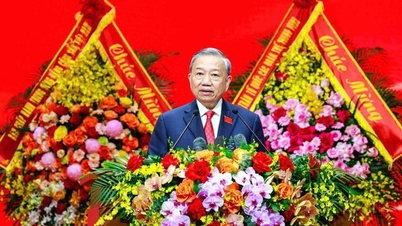
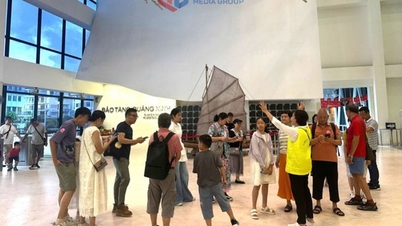
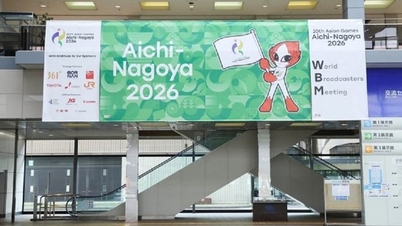


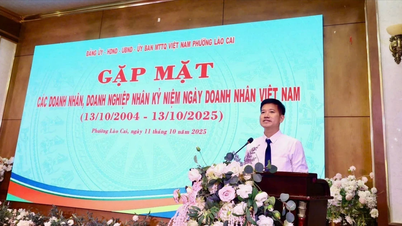
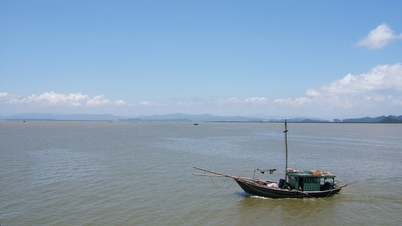

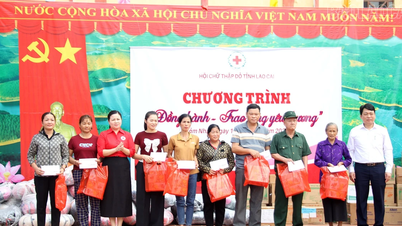




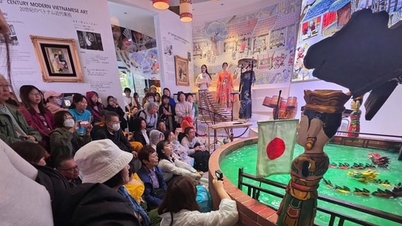









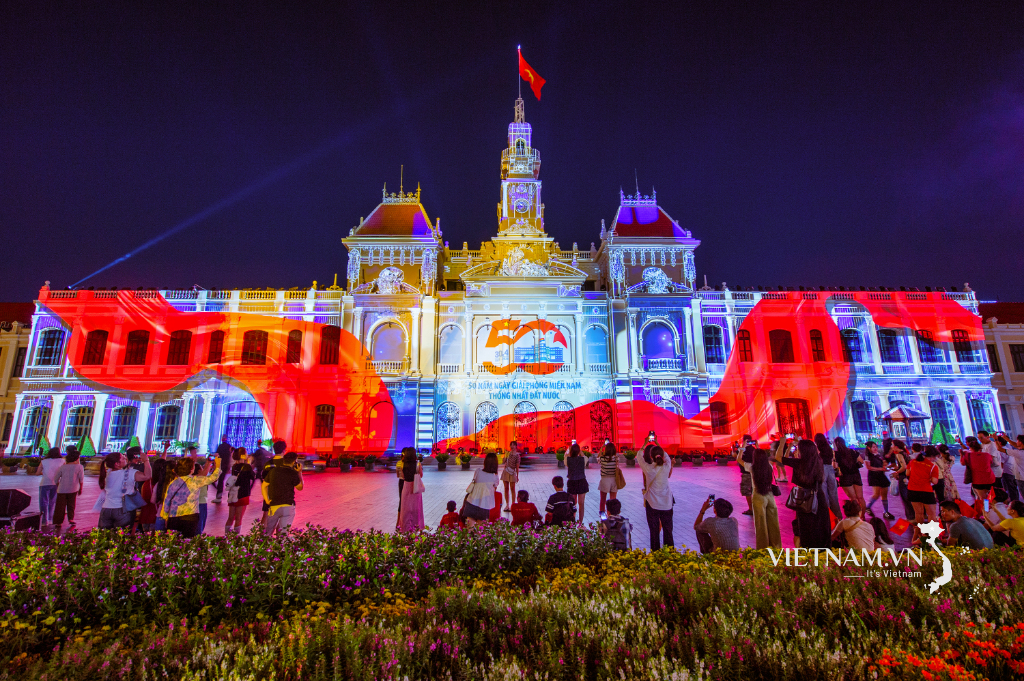



Comment (0)